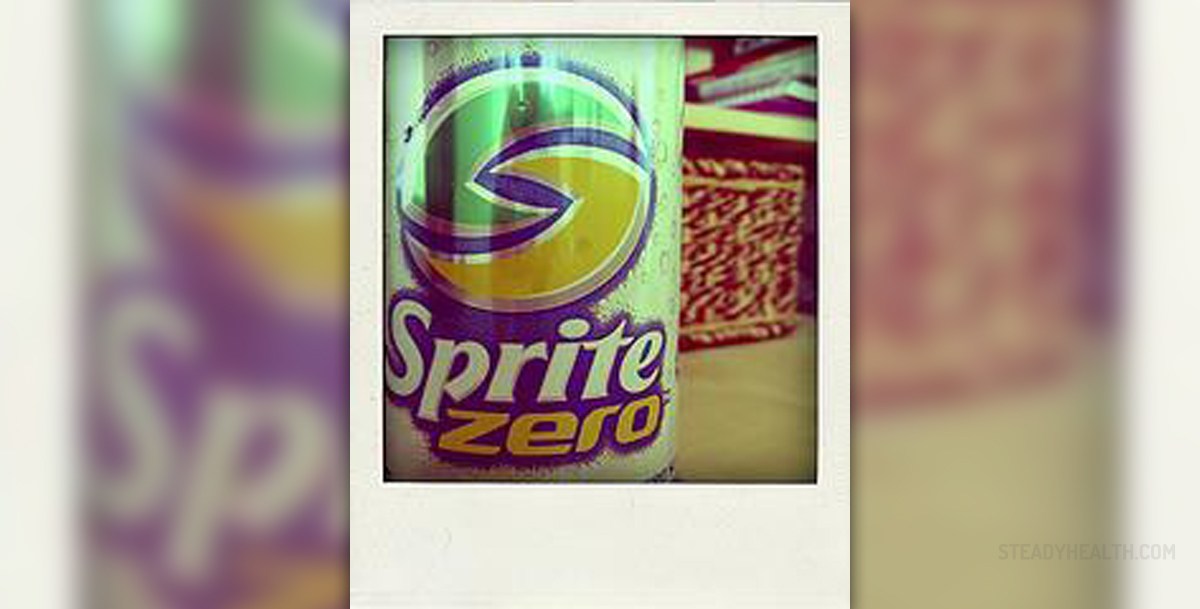
Many people tend to avoid consuming food and beverages which are rich in sugar levels mainly due to the fact that they desire to avoid gaining excessive weight. However, others stay away from sugar since they want to preserve dental health or avoid some other health issues which sugar may trigger.
For all these people, along with individuals who are suffering from chronic diseases such as diabetes, sugar substitutes are an excellent, healthier alternatives for making food and drinks sweet-tasting. However, sugar substitutes, being synthetic and more than 100 times sweeter than actual sugar, are usually a matter of controversy, because many experts and laymen believe that these alternatives can pose danger to one's health too.
Sugar Substitutes and Your Health
Not all artificial sweeteners are considered to be health, nor are all approved by the FDA. Out of all possible types of sugar substitutes, acesulfame-K, aspartame, neotame, saccharin and sucralose are the ones considered to be safe for consumption.
Nevertheless during the 1960s and 1970s, various concerns regarding the health threats that saccharin and cyclamate may pose were shown. Namely, people suspected that these artificial sweeteners might be connected to cancer. However, these doubts were proven wrong. Today, the same battle is being fought between those who label aspartame as cancerous and those who are using it in many products we consume on a daily basis. Moreover, in the US today, several types of sugar substitutes, including stevia, alitame and cyclamate are not approved by the FDA. Therefore, any form of marketing which presents these as actual ingredients of food and beverages is considered to be illegal.
The main problem with the majority of sugar substitutes is that these cannot be completely digested by our organism, leading to health problems once consumed in high quantities, commonly triggering gastrointestinal discomfort.
Thus, in modern times, scientists are trying to develop an artificial sweetener which can be completely safe both for one's dental health and for various other aspects of one's well-being. The FDA and various other organizations with similar or the same goals do their best to keep these products safe for public use, banning the use of all ingredients which do not meet the standards.
Low-Calorie Sugar Substitutes
There are several types of low-calorie sugar substitutes currently used in the US. Acesulfame-K is one of these, commonly sold under the name of Sunett. Many times, this artificial sweetener is used with other forms of these sugar substitutes. Regardless, it is considered to be one of the commercially most successful sugar substitutes, being 200 times stronger than actual sugar, with 0 calories. Before this substitute was approved by the FDA, more than 50 different studies were carried out, proving its lack of side-effects once being consumed by humans.
Another commonly found sugar substitute is aspartame. This one was invented in 1965, but had to wait until 1981 before being publicly approved by the FDA. This variant of artificial sweeteners is about 180 times sweeter than actual sugar, being one of the rare products of this type which are completely broken down once found in our digestive system. Aspartame does contain calories, but due to its excessive sweetness it is used in very small amounts. Hence, its caloric value is ignorable.
These two sugar substitutes are the main ones used in food and beverage production, being labeled as the safest for consumption.
Different Types of Sugar Substitutes
Apart from Acesulfame-K and aspartame, there are several other types of sugar substitutes which are allowed to be consumed and put into food and drinks legally. A relatively new addition to these artificial sweeteners is neotame. This product was created in approved in 2002, being labeled as a food additive. It is one of the strongest artificial sweeteners, 7,000 times sweeter than sugar. Neotame does not contain any caloric value. As far as the amount of safely intake per day is considered, with neotame, it should not be higher than 18mg.
Saccharin is also a legal sugar substitute. This one was used for a long time in the past, even before the Food and Additive Amendment was created in 1958. Thus, reasonably, there are many commercial names that this sweetener goes under, including Sweet'n Low, Sweet Twin, Sugar Twin etc. It has been approved for use under certain regulations and it is about 300 times sweeter than sugar.
Finally, sucralose is an artificial sweetener which was approved in 1998, receiving a status of a food additive. On the market, sucralose goes by the name of Splenda, being 600 times stronger than regular sugar. Therefore, not more than 5mg per kilogram of body weight a day is advised to be consumed.
All in all, sugar substitutes which contain few or no calories exist and are widely used in the food and beverage industry. The leaders in this industry are aspartame and acesulfame-K, which are labeled as safe for regular consumption by the FDA.



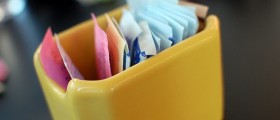
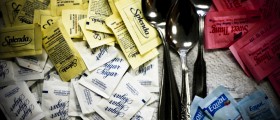
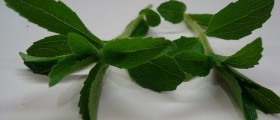
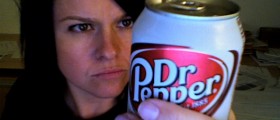
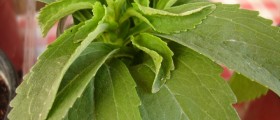

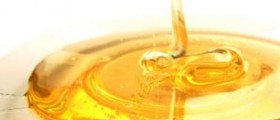

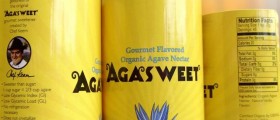

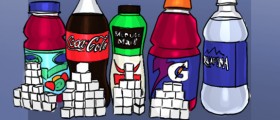
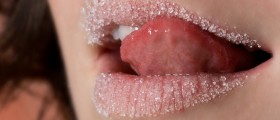


Your thoughts on this
Loading...